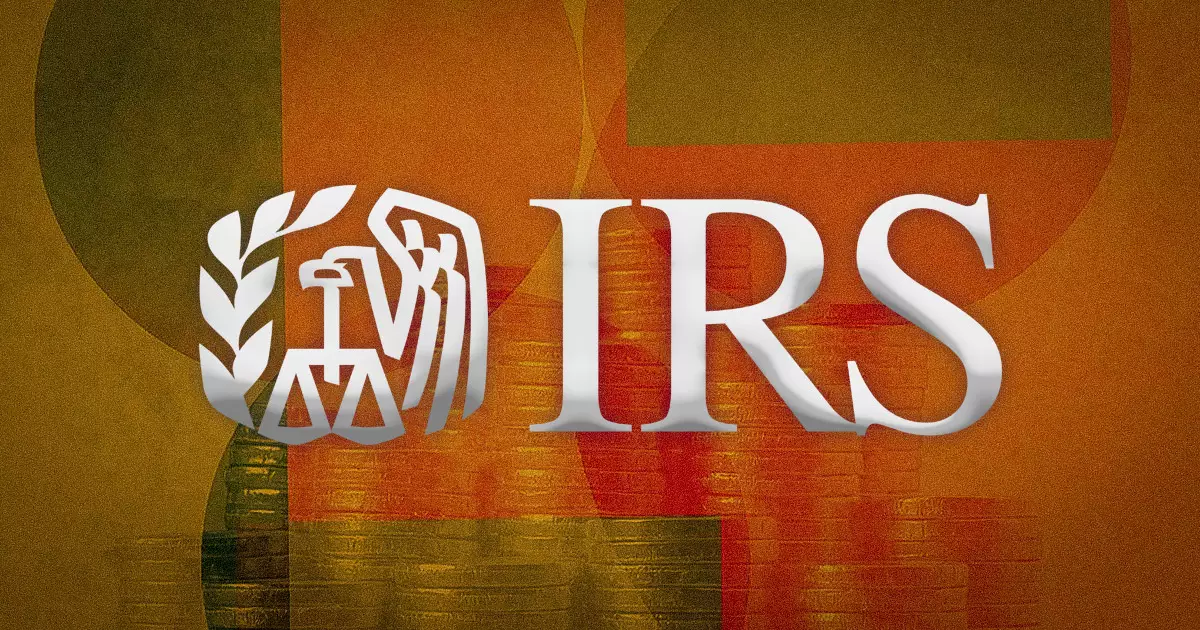According to IRS criminal investigation chief Guy Ficco, there has been a noticeable increase in taxpayers committing tax crimes related to cryptocurrency. These crimes, categorized as “pure crypto tax crimes,” encompass a range of violations falling under Title 26 of the US Code, specifically federal income tax violations. Some examples of these crimes include failing to report income from cryptocurrency sales and concealing one’s actual basis in crypto.
Ficco predicts that the trend of tax-reporting crimes involving cryptocurrency is likely to persist. He mentioned that there has been an “uptick” in these types of crimes and expects the IRS to bring forth more charges not only this year, but also in the foreseeable future. While previously, IRS investigations mainly focused on broader cryptocurrency-related crimes like scams and embezzlement, the landscape is shifting towards more tax-specific offenses.
Growing Pervasiveness of Crypto in Criminal Activities
The IRS criminal investigation chief noted that cryptocurrency is becoming increasingly prevalent and will play a more significant role in various criminal activities, such as phone scams, romance scams, and even pig butchering. This highlights the need for increased vigilance and enforcement when it comes to regulating tax compliance within the cryptocurrency space.
The IRS has been proactive in reminding individuals of their tax obligations concerning cryptocurrency transactions. Despite the inclusion of tax reporting rules for crypto investors dating back to 2014, compliance remains a significant issue. A study conducted in 2023 by Divly revealed that a mere 1.62% of US investors paid taxes on their cryptocurrency holdings as mandated by law, indicating a substantial gap in enforcement efforts.
Ramped-Up Enforcement Efforts
In response to the growing trend of tax crimes involving cryptocurrency, the IRS has bolstered its enforcement capabilities, including hiring specialized experts in the field. Reports suggest that tax professionals are bracing themselves for an impending “tidal wave” of scrutiny from the agency. Ficco’s predecessor, Jim Lee, also emphasized the heightened focus on tax issues related to cryptocurrency, with approximately half of the active investigations in 2023 centering around tax-related offenses.
The surge in tax crimes involving cryptocurrency underscores the need for enhanced regulatory measures and increased compliance among investors. As the cryptocurrency landscape continues to evolve, it is imperative for authorities to stay ahead of emerging trends to prevent illicit activities and safeguard the integrity of the financial system.

